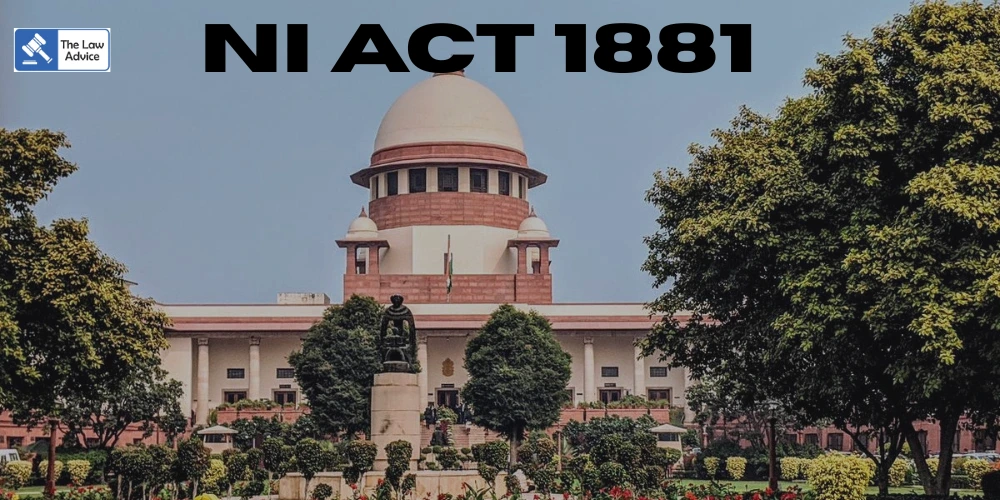The Supreme Court has reiterated that once parties to a cheque dishonour case under the Negotiable Instruments Act, 1881 (NI Act) enter into a valid compromise agreement and the complainant acknowledges receipt of the full and final settlement amount, the conviction under Section 138 NI Act cannot be sustained.
The ruling came in the case of Gian Chand Garg v. Harpal Singh & Anr., where the accused had sought alteration of his conviction order based on a subsequent compromise deed executed with the complainant.
Allowing the appeal, a Bench comprising Justices Aravind Kumar and Sandeep Mehta held that once a compromise deed is executed and accepted by the complainant, the foundation of the prosecution under Section 138 NI Act ceases to exist.
The Court noted:
“Once the complainant has signed the compromise deed accepting the amount in full and final settlement of the default sum, the proceedings under Section 138 of the NI Act cannot hold water. Therefore, the concurrent conviction rendered by the courts below has to be set aside.”
The Bench relied on Section 147 NI Act, which specifically declares that offences under the Act are compoundable in nature. The legislative intent behind this provision is to encourage amicable settlements and reduce litigation in cheque bounce matters.
The Court emphasised that where the complainant has voluntarily and without coercion settled the matter and received the full amount, continuing the conviction would serve no useful purpose.
The Court placed reliance on M/s Gimpex Private Limited v. Manoj Goel (2021), where it was held that once parties have entered into a settlement, they cannot simultaneously pursue both the original complaint under Section 138 NI Act and a subsequent proceeding for breach of the settlement agreement.
This principle, the Court observed, squarely applied to the present case.
Outcome
• The Supreme Court set aside the High Court’s order.
• The conviction of the appellant-accused was quashed and set aside.
• The appeal was accordingly allowed in favour of the accused.
